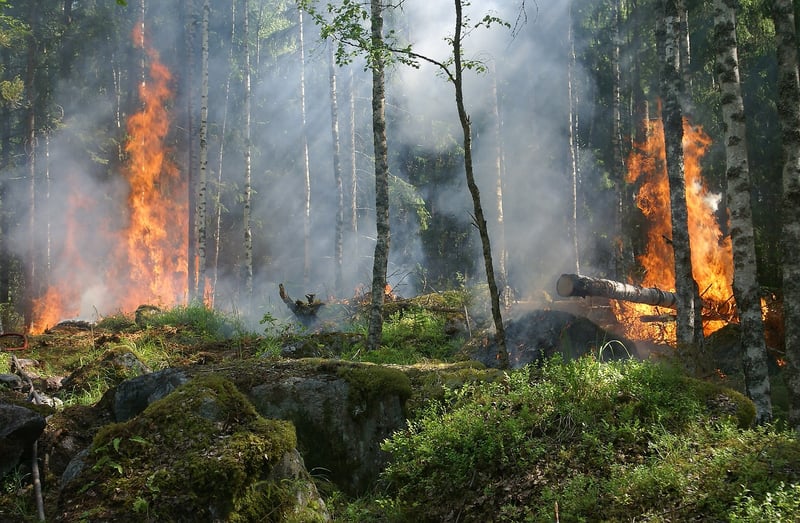Emergency Procedures
Emergency Procedures: What You Need to Know
Emergencies can happen at any time and being prepared can make all the difference. Knowing what to do in an emergency can save lives and minimize damage. Here are some essential emergency procedures to keep in mind:
1. Stay Calm
Keeping a clear head during an emergency is crucial. Panicking can lead to poor decision-making and hinder your ability to help yourself and others.
2. Call for Help
Whether it's calling 911, alerting a supervisor, or notifying a designated emergency response team, reaching out for help should be a top priority.
3. Evacuation Plan
Know the evacuation routes in your workplace or home. Familiarize yourself with the nearest exits and assembly points for safe evacuation.
4. First Aid Skills
Basic first aid knowledge can be invaluable in emergencies. Learn how to administer CPR, bandage wounds, and provide assistance until professional help arrives.
5. Fire Safety
Understand fire safety protocols, including how to use fire extinguishers and evacuate safely in case of a fire. Regular fire drills can help reinforce these procedures.
6. Sheltering Procedures
In situations where evacuation is not safe or possible, know the procedures for seeking shelter and staying safe until help arrives.
7. Communication
Ensure that communication channels are open and that everyone is informed of the situation. Clear communication can prevent confusion and facilitate a coordinated response.
8. Follow Instructions
During emergencies, follow instructions from authorities or designated safety personnel. Their guidance is crucial for ensuring everyone's safety.
Remember:
- Practice emergency drills regularly to ensure everyone knows what to do.
- Keep emergency contact numbers handy and easily accessible.
- Stay informed about potential hazards in your environment and how to respond to them.
Being prepared can make a significant difference in how emergencies are managed. By staying calm, following procedures, and being proactive, you can help protect yourself and others in times of crisis.

Remember, being prepared can save lives.
Stay safe!
